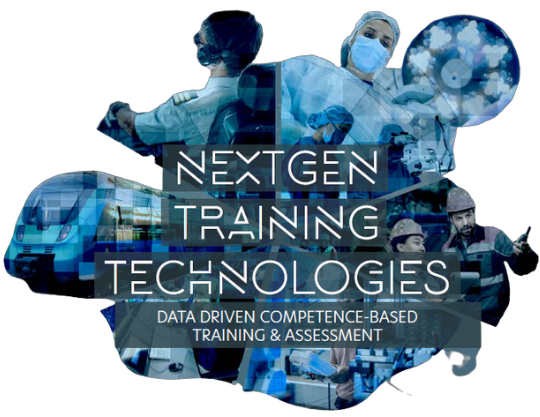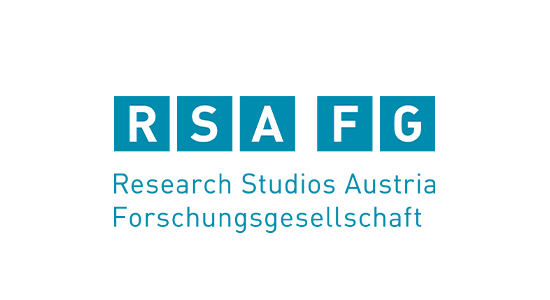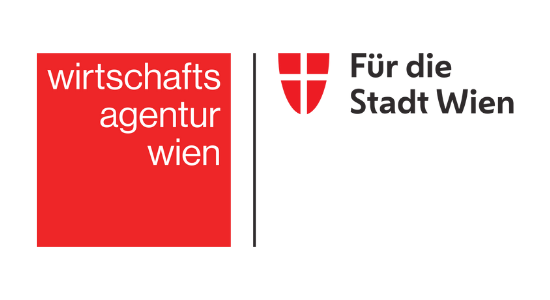„We need to prepare students for jobs that have not yet been created, for technologies that have not yet been invented, to solve problems that have not yet been anticipated.“ – OECD, 2020
The currently on-going industrial revolution is bringing substantial changes to work environments, tasks and human labour. In combination with the increasing digitalization and automation of industrial processes, it will be the challenge of the future’s education to prepare workers for jobs that do not exist yet. Human workers will be more involved in tasks, which require competencies associated with human factors such as communication, decision-making, teamwork, whereas jobs characterized by repetitive tasks will likely be taken care of by machines and robots. Current trends indicate that human work will not become obsolete, but its nature is going to change.
These changes require a paradigm shift in education and training. While traditional teaching practices have been designed to enable workers to reliably carry out routine tasks, the new requirements towards human factor competencies also require new approaches which support the development of knowledge transfer, creativity and out-of-the-box thinking. Competency-based Training and Assessment (CBTA) principles represent such a paradigm shift that might help to improve routine learning and help generating “Adaptive Experts”.
NextGen Training Technologies
In order to support this process to create the workforce of the future, DIO and RSAFG are hosting the event “NextGen Training Technologies: Data Driven Competence-Based Training & Assessment ”. This event connects technology providers, research and users and, with the help of individualized, adaptive and future-oriented solutions such as (i) competence-based training & assessment, (ii) e-learning and (iii) microlearning, ensures further education and training in pioneering companies.
Funded through the Vienna Business Agency
 The Kick-Off for the NEXTGEN TRAINING TECHNOLOGIES initiative will be a 2-day event on
The Kick-Off for the NEXTGEN TRAINING TECHNOLOGIES initiative will be a 2-day event on






